Published: 25/11/2022
and written by P Smith
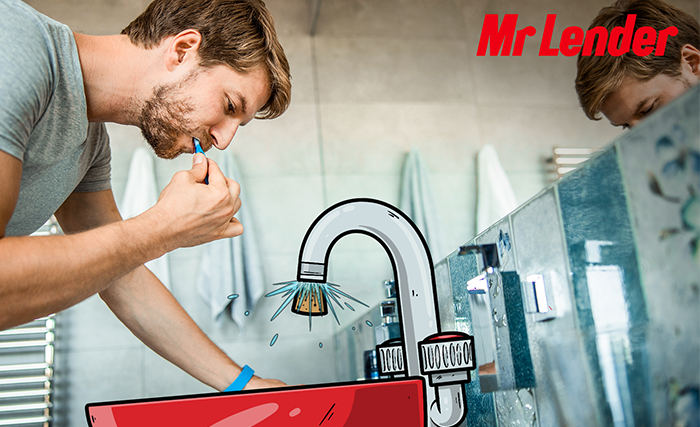
A statistic from Water UK’s national campaign ‘Water’s Worth Saving’ found that our water usage has doubled in the past 60 years. It’s estimated we are now using around 152 litres of water per person every day. People often take for granted how easily accessible water is in our day to day lives. This year we saw the warmest first nine months on record in the UK, leading to temperatures topping 40 degrees centigrade at their highest point, causing the driest summer on record. That paired with the fallout from certain events occurring all around the world means that we are seeing the highest increase in energy and water bills in nearly 70 years. However, with the simple tips and tricks that we have outlined below, you should be able to reduce your energy and water bills.
DISHWASHER
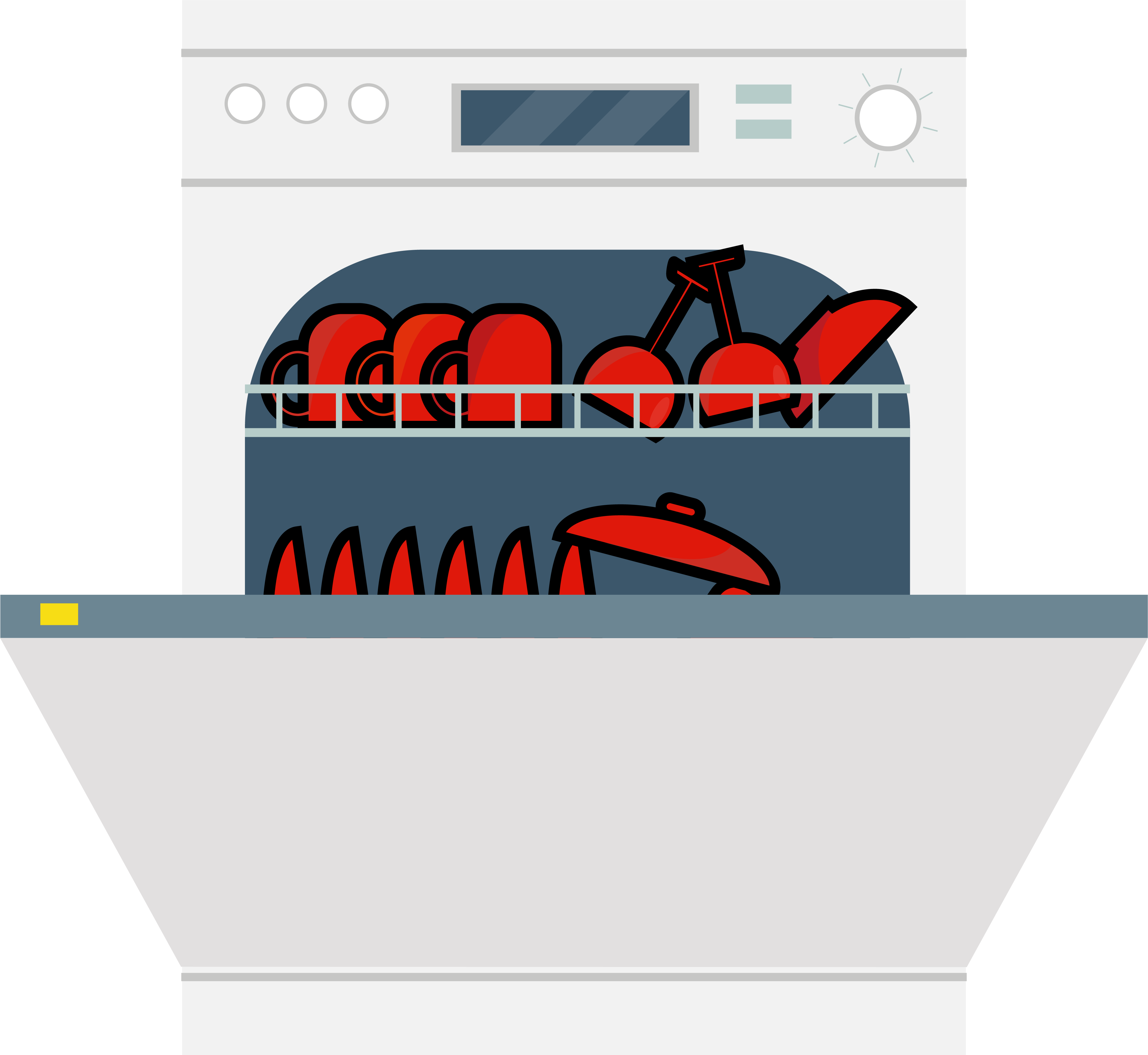
With everyone trying to save money on their energy bills at the moment, people are looking to cut back on their reliance of certain appliances around the home. So, a question a lot of people have is, should I be using my dish washer, or just wash everything up by hand? Which? found that using a dishwasher is on average four times more water efficient than washing up by hand. They also found that the most water efficient full-sized dishwashers could even use up to 10 times less water than hand washing up. Even if you were to use the least efficient slimline model of dishwasher available, it would still use half the amount of water compared to washing up by hand.
|
WASHING MACHINE
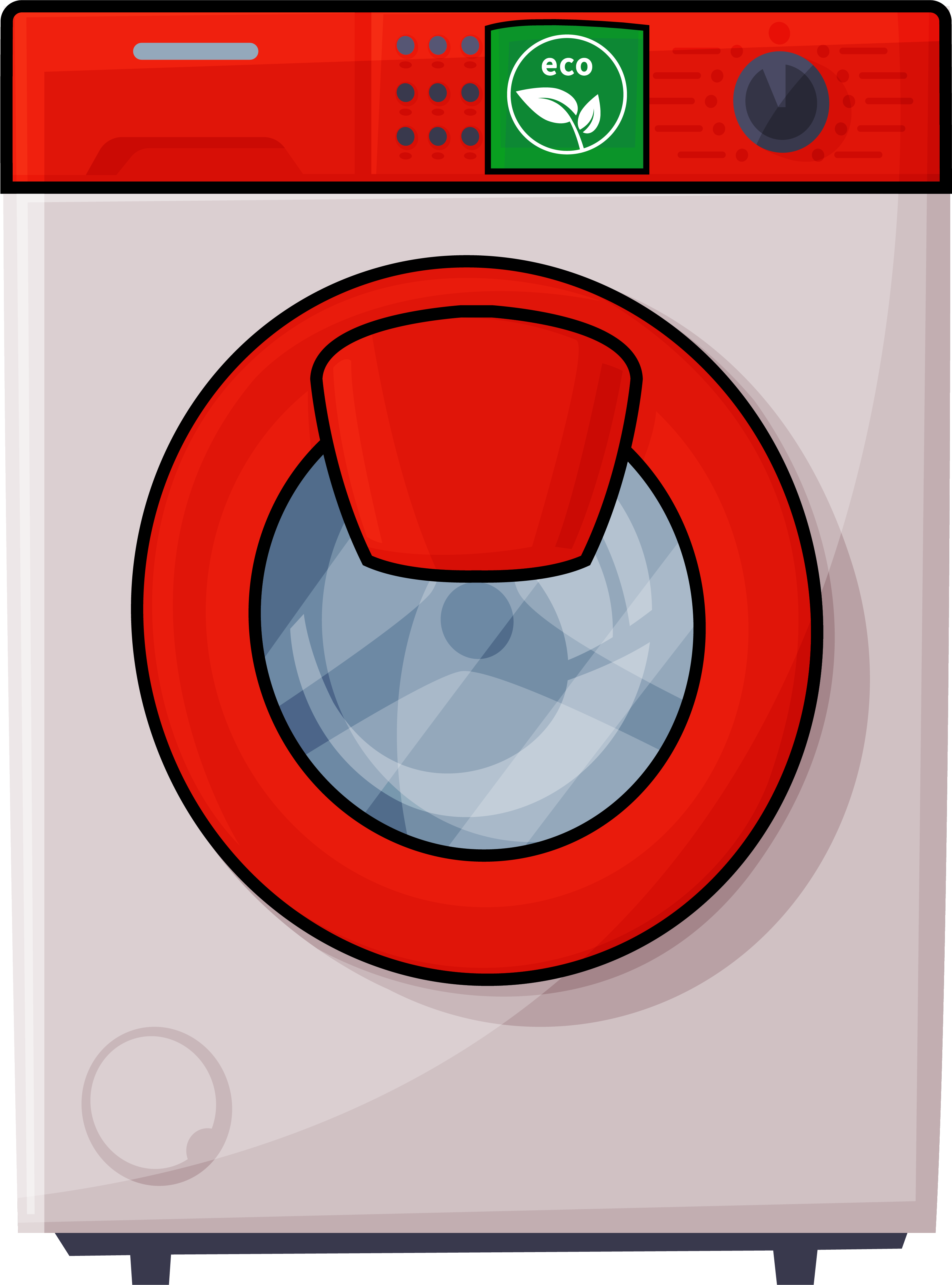
Many people may not realise that some washing machines have eco-settings. The ‘eco mode’ is a programme on your machine that reduces the wash and rinse temperature meaning less energy is required to heat up the water for the cycle. It also minimises the amount of water in the drum, whilst still maintaining a high enough level of cleanliness to remove any dirt. Eco modes are usually longer cycles, which may seem like they would use more energy and water, but this is because most of the energy used in the washing cycle is to heat up the water, rather than to rotate the parts within the appliance.
|
BOIL ONLY WHAT YOU NEED
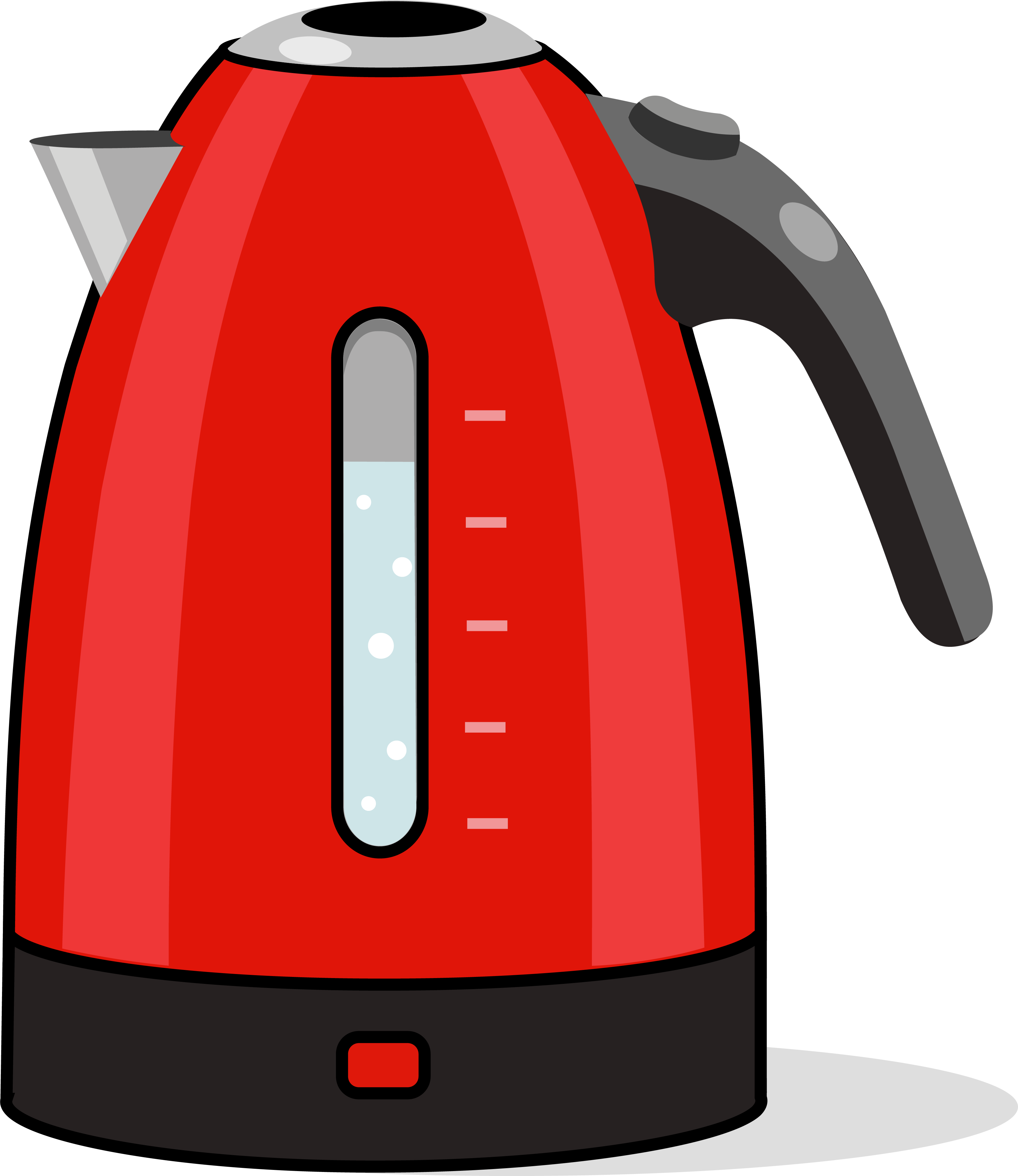
Now that it’s getting colder, it’s nice to warm up with a hot cup of tea, but constant kettle boiling can waste a lot of both water and energy if you fill your kettle all the way up each time. It’s difficult to work out the exact amount of money that you can save by reducing the amount water you put into your kettle. Uswitch estimate that if you use the current national average energy rate of 32 pence per kWh, you have a standard 3kw kettle and you only need 1 cup’s (235ml) worth of water, but fill it up to the top each time, you would heat an extra 8 cup’s (around 1.7 litres) worth of water over the course of a year, which could cost around £49.64. Compare this to if you were to just boil the 1 cup’s worth of water that you need each time, this will reduce to £9.50 a year. A saving of nearly £40! Another way to help save money is to regularly descale your kettle, limescale clogs up the heating elements, so the kettle will need to use more energy to heat up and boil the water.
|
FIT AN AERATOR
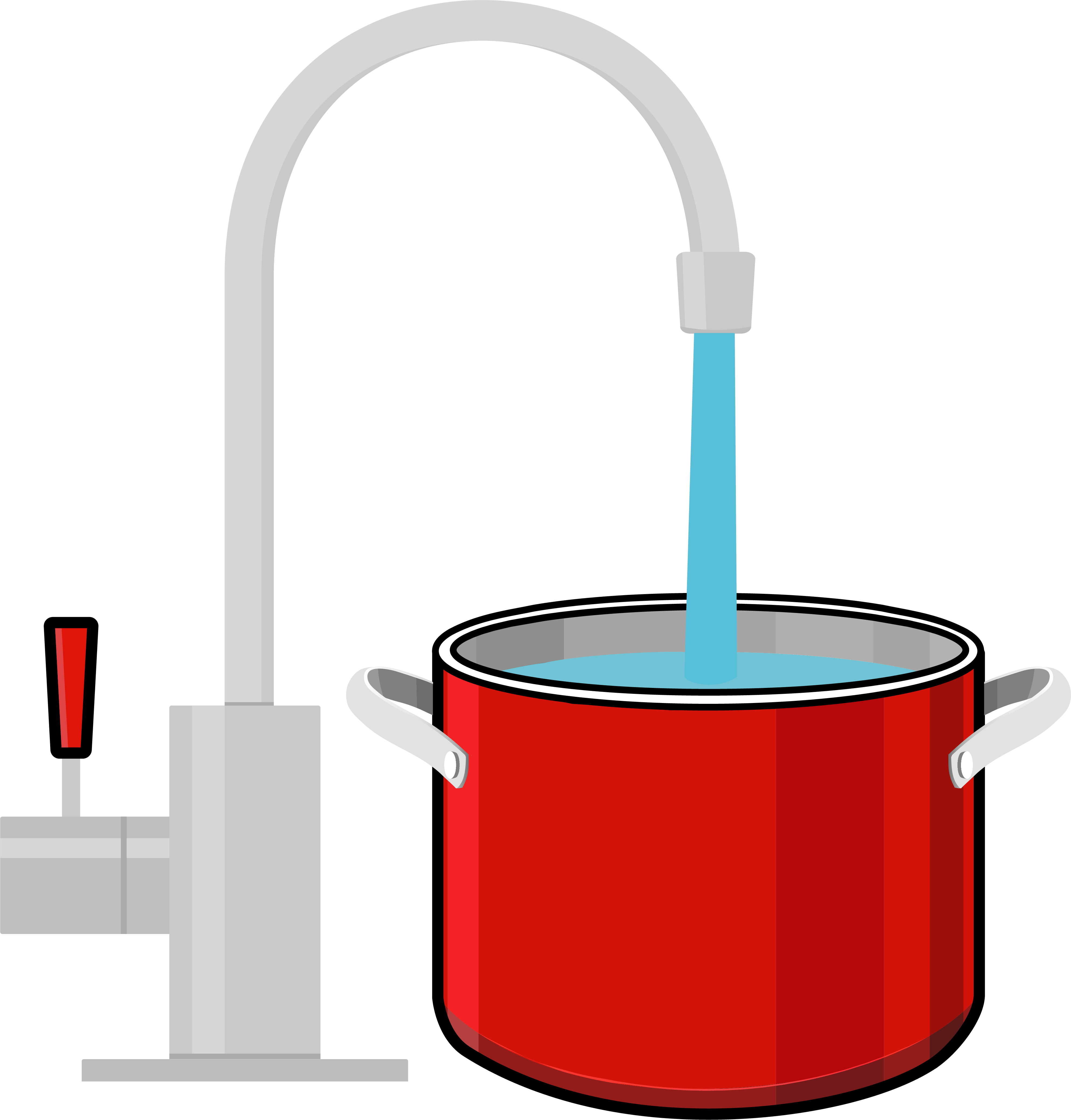
An aerator is a small device you can easily install onto the nozzle of your tap. It is designed to reduce the flow of water from your taps, helping to cut down on your water usage and therefore your energy bills. Aerators are designed with small holes in them to help separate the water into different streams, meaning air can mix with the water. This will then increase your water pressure, whilst reducing the amount of water running. The average cost of running a tap with normal water flow is around 3p for every minute and with hot water, this is more expensive.
|
TURN OFF THE TAP
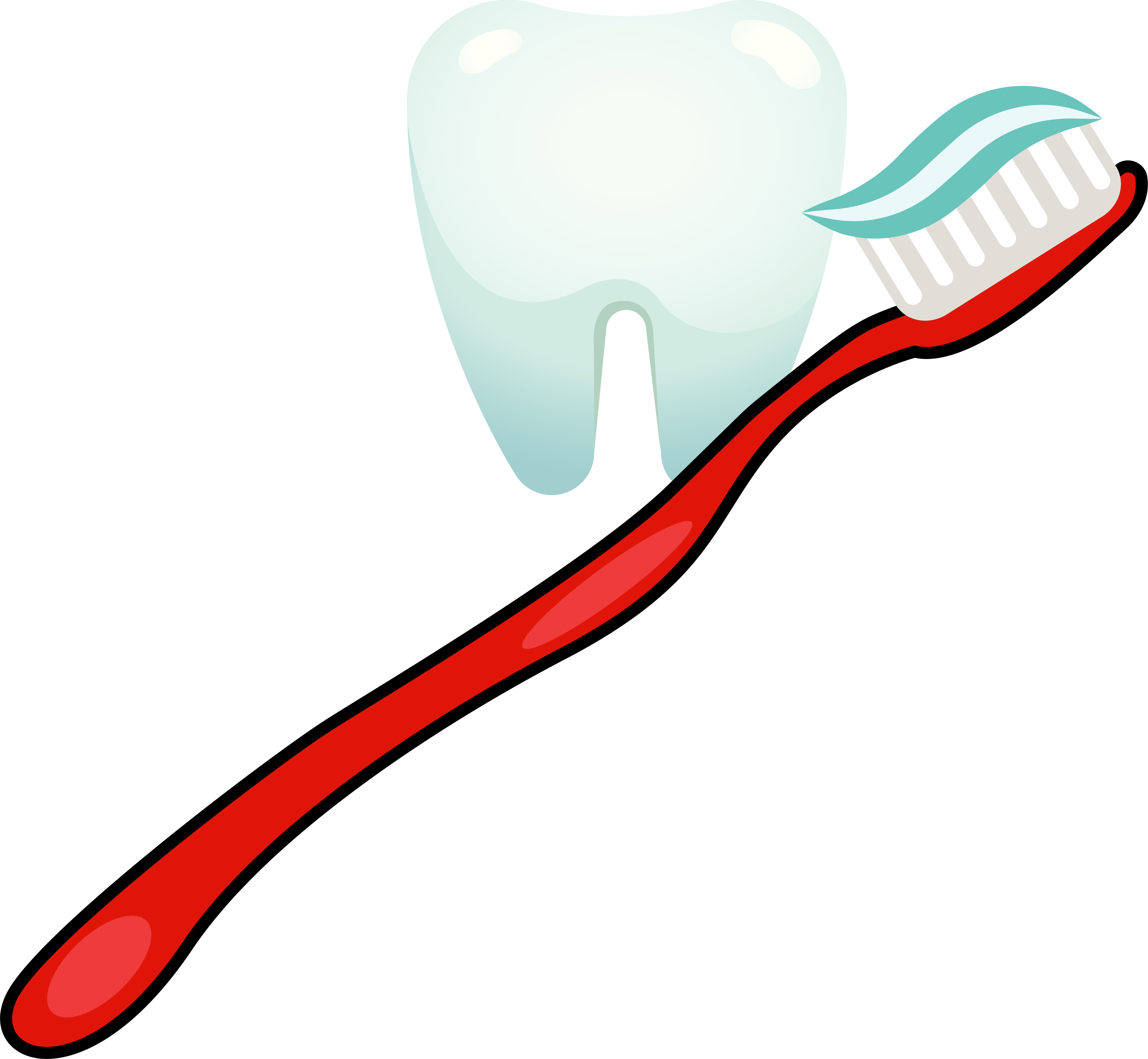
Middlesex University have found that a third of the UK population leave the tap running whilst cleaning their teeth. On average whilst brushing your teeth, a running tap will waste approximately 6 litres of water a minute. A family of four each brushing their teeth twice a day with the tap running could equate to up to 48 litres of water wasted per day. A tip when brushing your teeth is to fill up a small cup and keep it by the sink. Then rather than just letting the tap run to rinse your mouth, you can just take a sip from the cup.
|
REDUCE SHOWER TIME
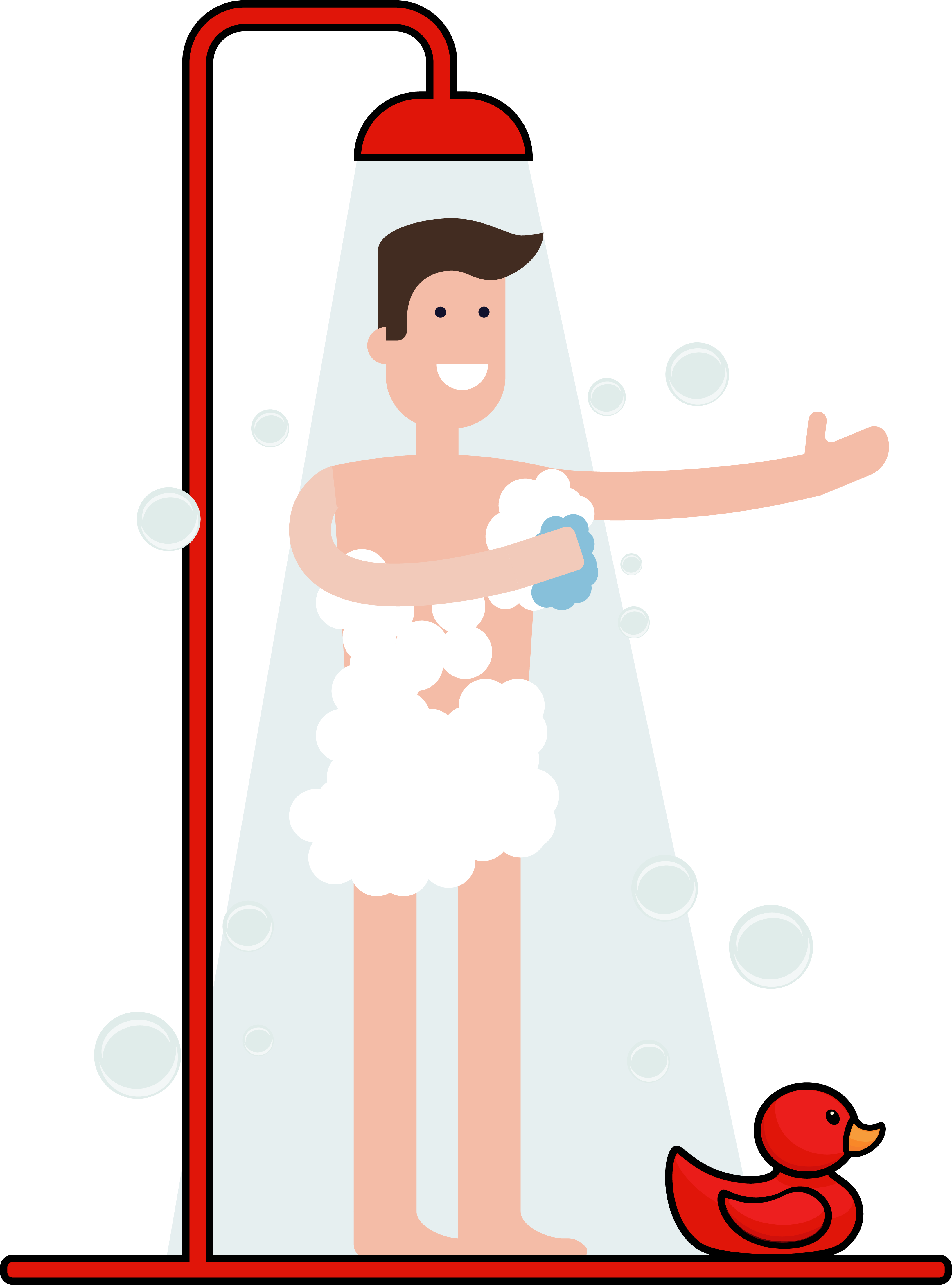
The average shower lasts around 8 minutes, with most showerheads using a flow of 9.5 litres of water per minute, a typical shower will use more than 72 litres. By simply reducing your shower time to 4 minutes, a household of 4 people could save around £165 a year on their energy bills and a further £100 on their water bill if they are on a water meter. A good way to help you reduce your shower time is to use an old navy technique called a ‘sea shower’, you use the initial thirty seconds of water to get wet, followed by soap and lathering without running water, which is then rinsed off in a minute or less. Using this method of showering will allow for significant conservation of energy and water.
|
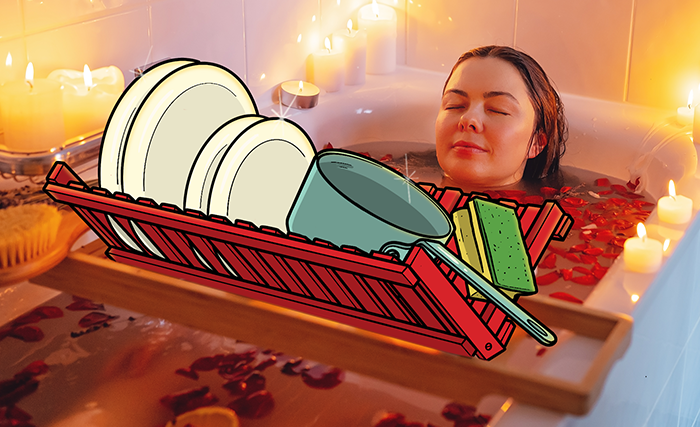
Mr Lender is a multi-award winning lender and is rated five stars on Trustpilot by customer reviews. So why would you choose anyone else for your short term loans?

|









